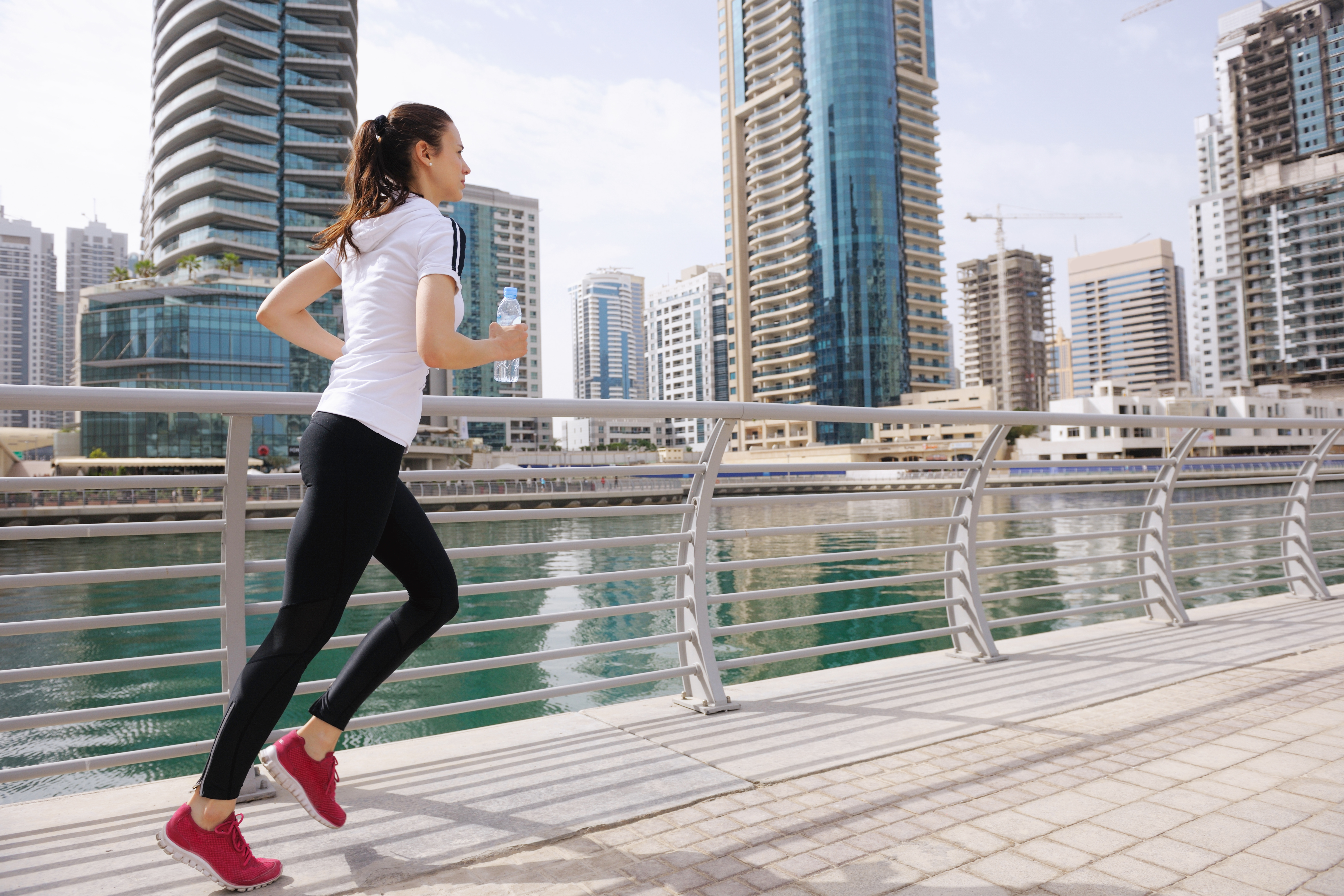The winning margins in sport decreasing at a rate of knots. As a result, practitioners and coaches are looking much further out of the box for that extra 1%. You may have seen that any number of top teams now have their own pools in which they perform parts of training. Whether it is for rehab or other purposes, pools are a main stay in any top club. Can training in water improve power, or is it more beneficial for recovery and rehab?
Water Based Training and Recovery from Injury
Swimming has been shown to be a useful tool when recovering from injury. Why is this? Swimming is low impact, because of this you can still get a good, full body impact without external stress. You can still stay active and healthy without excessive impact on your joints. Further, the use of buoys and kickboards mean you can focus on certain areas, without aggravating your current injury.
You can build both strength and endurance with swimming workouts. Whether it means increasing resistance via buoys or increasing capacity through longer workouts. The variation allows you to focus on what is most important during your recovery.
Swimming and Power
Research has looked into whether or not aqua plyometrics can improve power performance. One study looked at the effects of an 8 week programme which put aqua plyos against dry land training. Sessions progressed from 2×8 sets and reps to 3×15, across a variety of exercises.
What they Found:
- Aqua plyometrics significantly increased squat jump peak power, peak velocity and counter movement jump height. In contrast, dry land training saw no significant improvements.
- The aqua plyos also saw greater improvements in 10m sprint time compared to the control group.
- Conversely, leg stiffness was not improved with aqua training
What This Means
Training in water appears to be a useful tool for improving important aspects of power. However, the reduced stiffness is likely due to a large reduction of ground contact time and impact in the pool. Stiffness is vital for power production on dry land. It is also essential for preventing injury in those who perform many impacts during training and competition.
If you have a particularly intense period of training and competition, water based training may well be a sensible way of reducing impact. It may also be a useful tool when returning to play, post injury.
As an Expert Personal Trainer in Surrey, I often deal with clients who have intense periods in training, competition and in life. Depending on your sport, lifestyle and available facilities I will do my best to adjust your training to meet your goals in the most efficient ways. if this means reducing impact by training in a pool, then so be it. This does not mean all your training now needs to be done in water, it is purely a useful string to any athletes bow of knowledge.
